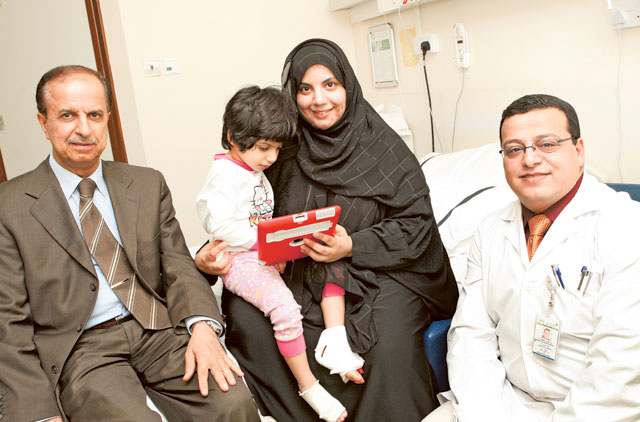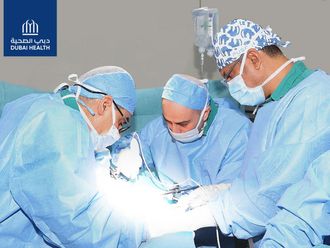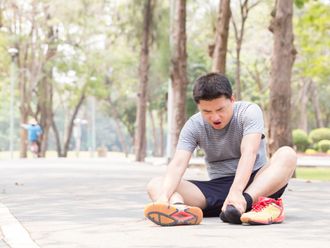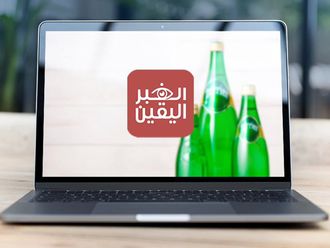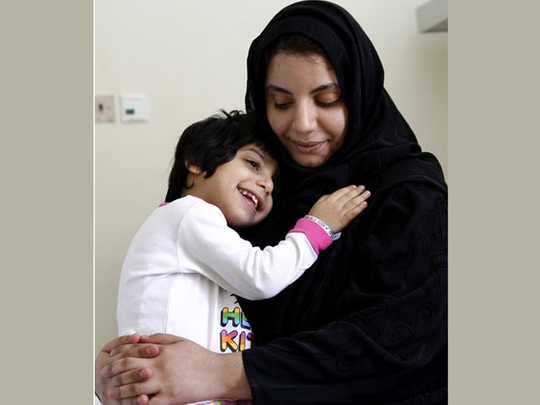
Dubai: A three-year-old Emirati girl will soon be able to hear the world around her as a result of a complex ear surgery done for the first time in the UAE.
The toddler was born completely deaf in both ears — without a cochlear (hearing portion of the inner ear) and a cochlear nerve.
In an exclusive interview with Gulf News, the doctors from the ENT (ears, nose and throat) department at Dubai Hospital said they carried out an auditory brainstem implant (ABI) procedure in the first week of July.
Dubai Hospital earns the excellence of being the first in the UAE to perform the surgery. The procedure is the only resort medically available to restore hearing in such congenital abnormalities in the inner ear.
The success of the case has resulted in the inclusion of (ABI) procedures in the hospital’s national programme for treating deaf and hard of hearing patients in the UAE and for medical tourists. The hospital is recognised as a regional centre for cochlear implants and for training in the surgery.
The ABI procedure, which costs approximately Dh200,000, is free for Emiratis. Internationally, the same procedure costs in excess of Dh500,000.
Auditory brainstem implant procedures are usually performed on adults with tumours in their cochlear nerves. In children, very few countries permit it.
According to the hospital’s ENT team, the United States Food and Drug Administration (FDA) gave the approval to begin a clinical trial of an ABI procedure for children only earlier this year.
In June, international news agencies reported the case of a three-year-old boy believed to be the first child in the US to have had an auditory brainstem implant.
In the UAE, three-year-old Athari Obaid is the first child to benefit from the same.
A multidisciplinary team of six — four from Dubai and two from Turkey — representing ENT, neurology and audiology performed the surgery at Dubai Hospital that lasted almost five hours.
The auditory brainstem implant procedure is said to be the only effective sensory prosthetic for direct brain stimulation in cases that do not benefit from traditional methods like hearing aids or cochlear implants (CI). The latter is a surgically implanted electronic device that restores the sense of sound.
The ABI procedure involves placing an electrode close to the auditory nucleus to help a patient perceive and processes sound. A removable external part, which connects to the electrode magnetically, is worn behind the ear like a hearing aid.
Without the timely intervention, the child may have experienced delayed development of speech, language and cognition, said Dr Hussain Abdul Rahman, Head of ENT and medical director of the hospital.
He said medically the absence of a cochlear and cochlear nerve is referred to as cochlear aplasia.
Specific to the patient’s case, he said, “Her condition [cochlear aplasia] presented a challenge. If we proceeded with a cochlear implant, the child would have had no benefit. She also did not benefit from the hearing aids that she used for six months. On the other hand, an ABI procedure would give her a higher chance of hearing, given that children who have been implanted with ABIs can understand speech and study at mainstream schools.”
Dr Abdul Rahman is of the opinion that in a young child, the procedure will have better results. “A child’s formative years are best to understand and process new sounds. ABIs can be done in kids as young as two years old,” he said.
Dr Mohammad Fawzi Mustafa, Audiologist, director at the Hospital’s Hearing and Balance Clinic and member of the ENT team, said, “In about four weeks when we fit the external device, the patient will show good environmental sound awareness, good speech detection, and some speech recognition. Over the course of rehabilitation in the coming months, she will be able to catch up with her peers.”


